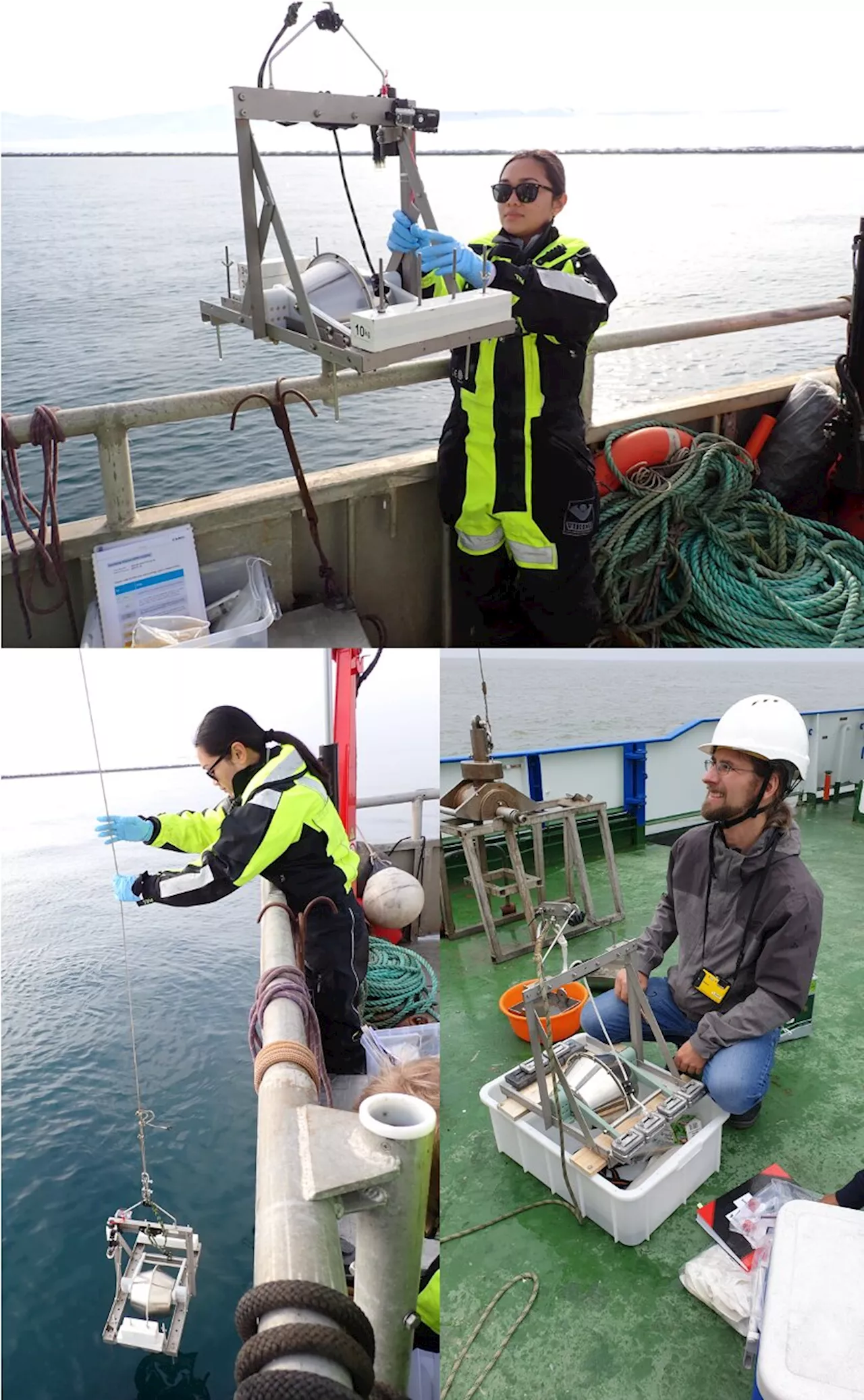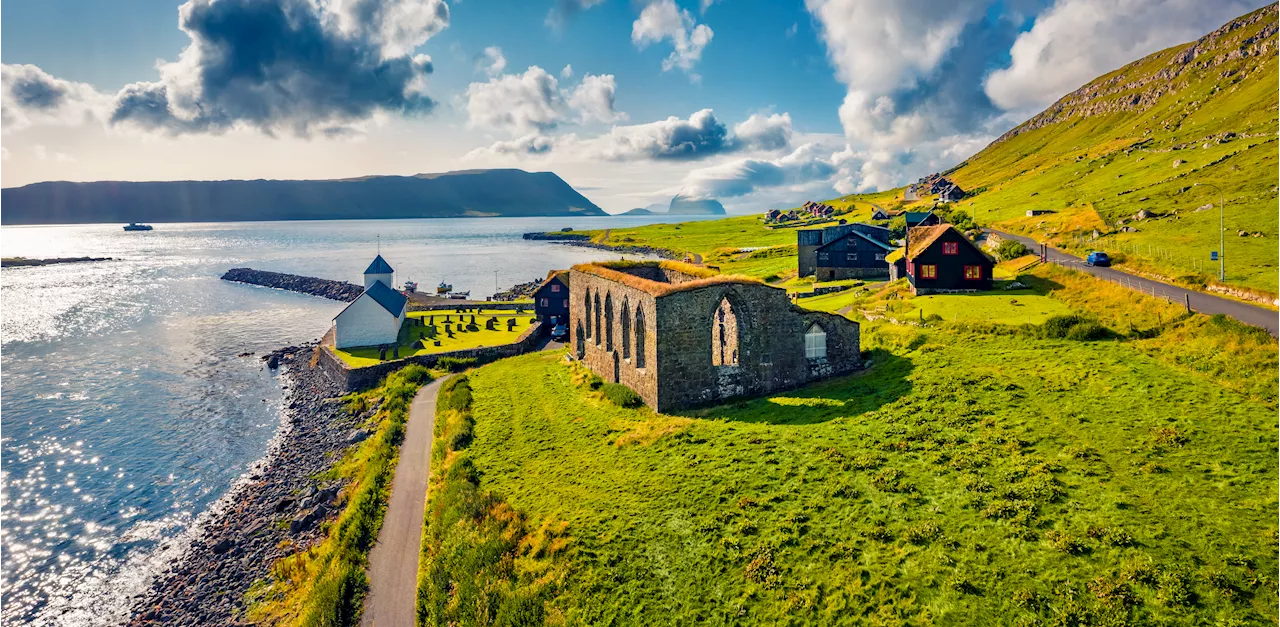A recent study by researchers uncover clues in extremophiles' genomes, revealing genomic shifts and hinting at astrobiological implications.
Researchers from the University of Waterloo and Western University have uncovered a previously unnoticed dimension within an organism’s genome.
In the 1990s, scientists discovered that an organism’s species could be identified by counting the occurrences of these DNA words., Kathleen A. Hill and Lila Kari, co-authors of the study, drew an analogy to differentiating between English and French books based on word frequencies. The authors highlighted that while these domains are genetically distinct, the newfound environmental dimension, especially the clustering of bacteria and archaea, indicates that the extreme temperature environment they live in caused systemic shifts in their genomic language.
United States Latest News, United States Headlines
Similar News:You can also read news stories similar to this one that we have collected from other news sources.
 Researchers show classical computers can keep up with, and surpass, their quantum counterpartsA team of scientists has devised means for classical computing to mimic a quantum computing with far fewer resources than previously thought. The scientists' results show that classical computing can be reconfigured to perform faster and more accurate calculations than state-of-the-art quantum computers.
Researchers show classical computers can keep up with, and surpass, their quantum counterpartsA team of scientists has devised means for classical computing to mimic a quantum computing with far fewer resources than previously thought. The scientists' results show that classical computing can be reconfigured to perform faster and more accurate calculations than state-of-the-art quantum computers.
Read more »
 Researchers demonstrate multi-photon state transfer between remote superconducting nodesOver the past few decades, quantum physicists and engineers have been trying to develop new, reliable quantum communication systems. These systems could ultimately serve as a testbed to evaluate and advance communication protocols.
Researchers demonstrate multi-photon state transfer between remote superconducting nodesOver the past few decades, quantum physicists and engineers have been trying to develop new, reliable quantum communication systems. These systems could ultimately serve as a testbed to evaluate and advance communication protocols.
Read more »
 Robolawyers Are As Good As Humans, Say ResearchersQuicker, cheaper and almost as accurate as humans, robolawyers are set to disrupt the legal industry.
Robolawyers Are As Good As Humans, Say ResearchersQuicker, cheaper and almost as accurate as humans, robolawyers are set to disrupt the legal industry.
Read more »
 US researchers develop 'unhackable' computer chip that works on lightInteresting Engineering is a cutting edge, leading community designed for all lovers of engineering, technology and science.
US researchers develop 'unhackable' computer chip that works on lightInteresting Engineering is a cutting edge, leading community designed for all lovers of engineering, technology and science.
Read more »
 Bacteria in the Arctic seabed are active all year round, researchers findDespite the pronounced seasonality in their habitat, the bacterial community in Arctic sediments is taxonomically and functionally very stable.
Bacteria in the Arctic seabed are active all year round, researchers findDespite the pronounced seasonality in their habitat, the bacterial community in Arctic sediments is taxonomically and functionally very stable.
Read more »
 Researchers Hope To Harness Tidal Energy to Power Faroe IslandsThroughout history, the currents in the fjord between two of the islands made travel treacherous. Now, the tides may be changing.
Researchers Hope To Harness Tidal Energy to Power Faroe IslandsThroughout history, the currents in the fjord between two of the islands made travel treacherous. Now, the tides may be changing.
Read more »
